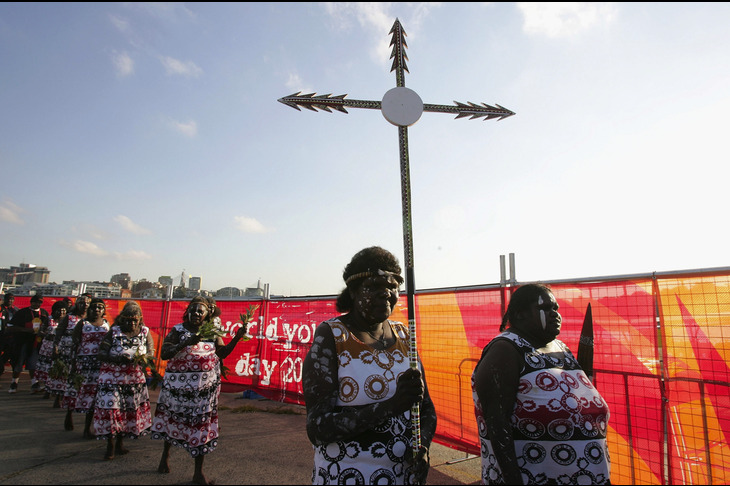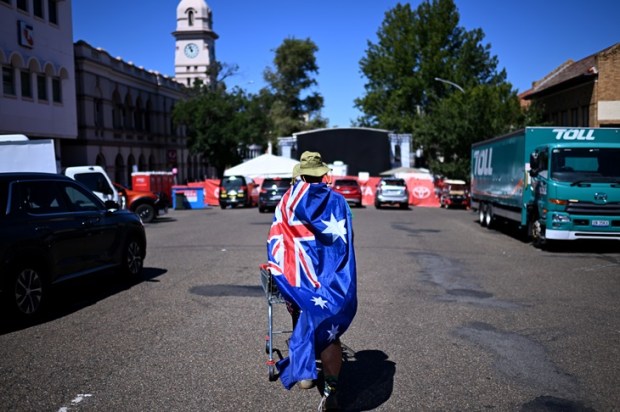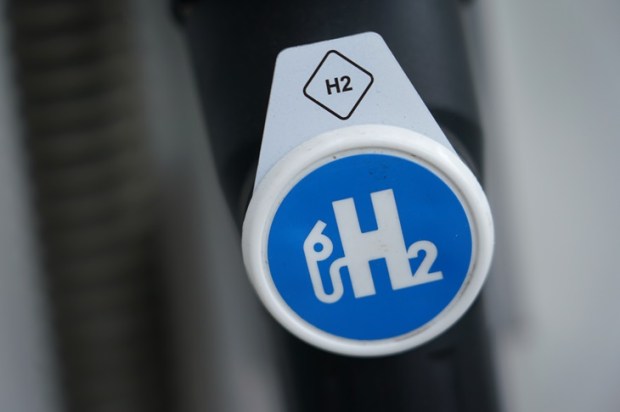The Anglican Archbishop of Sydney, Kanishka Raffel, has encouraged church members to ‘give generous consideration to the case to vote ‘Yes’ to the referendum question of whether the Constitution should establish a First Nations Voice, once the details have been made clear’.
The most vocal supporter of the ‘Yes’ vote has come from senior Anglican clergyman Reverend Dr Michael Jensen (rector of the prestigious St Mark’s, Darling Point).
Already a subscriber? Log in
Subscribe for just $2 a week
Try a month of The Spectator Australia absolutely free and without commitment. Not only that but – if you choose to continue – you’ll pay just $2 a week for your first year.
- Unlimited access to spectator.com.au and app
- The weekly edition on the Spectator Australia app
- Spectator podcasts and newsletters
- Full access to spectator.co.uk
Or


























Comments
Don't miss out
Join the conversation with other Spectator Australia readers. Subscribe to leave a comment.
SUBSCRIBEAlready a subscriber? Log in